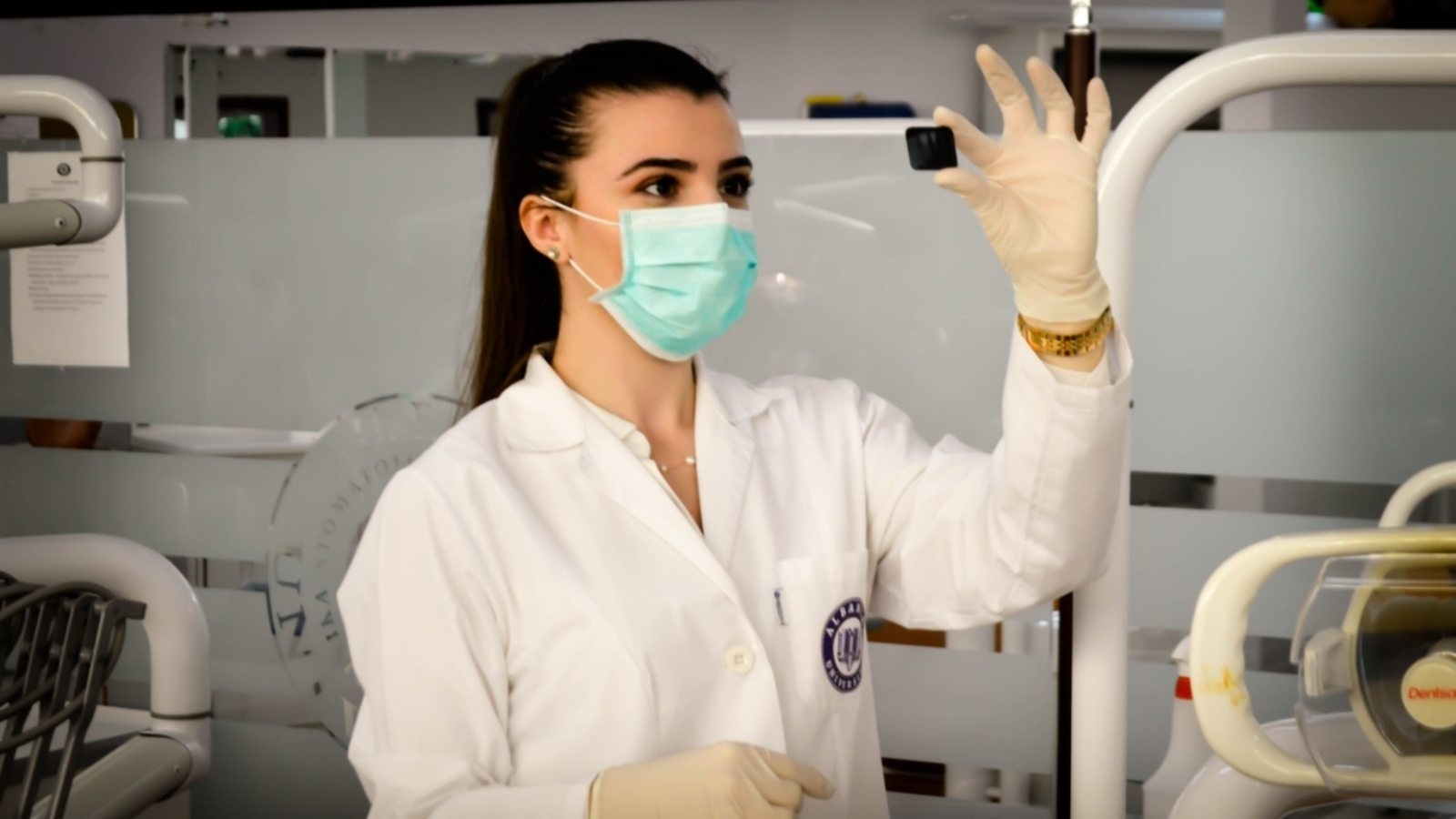Doctors hold a deeply respected place in society—not just as medical experts, but as compassionate caregivers who influence the health, confidence, and overall well-being of individuals and families. From the moment a patient walks into a clinic, the doctor becomes more than a professional; they become a guide, a listener, and often a source of emotional comfort during uncertain times.
1. Diagnosis and Early Detection
One of the most important roles a doctor plays is identifying illnesses early through proper diagnosis. Whether it’s a minor infection or a chronic condition, early detection often makes treatment more effective and increases the chances of recovery. Skilled doctors use a mix of medical knowledge, experience, and diagnostic tools to pinpoint health issues quickly and accurately.
2. Treatment and Recovery
Doctors design personalized treatment plans that fit the unique needs of each patient. They monitor progress, adjust medications, and recommend therapies or lifestyle changes. Their involvement doesn’t end with a prescription—it continues through regular follow-ups, ongoing care, and ensuring the patient is healing both physically and emotionally.
3. Emotional Support and Trust
Facing a health concern can be stressful and frightening. A good doctor knows how to offer reassurance, answer questions with patience, and explain medical terms in simple language. Building trust is crucial. When patients feel comfortable and understood, they are more likely to follow treatment plans and share honest feedback.
4. Preventive Care and Health Education
Doctors don’t just treat problems—they help prevent them. By promoting regular check-ups, vaccinations, screenings, and healthy habits, they educate patients on how to avoid illness and live a healthier life. This proactive approach plays a key role in reducing long-term health risks.
5. Lifelong Relationships
For many, doctors become lifelong health partners. Whether it’s a pediatrician watching a child grow or a general physician managing long-term wellness, the relationship between a patient and doctor is often one of mutual respect and deep trust. Over time, doctors become familiar with a patient’s history, lifestyle, and preferences—leading to better, more personalized care.
In Conclusion
Doctors are more than just medical professionals—they are healers, advisors, and supporters who play a vital role in the journey to good health. Their presence brings comfort during illness, clarity during confusion, and strength during recovery. In every stage of life, having a trustworthy doctor by your side can make all the difference.


Add a Comment